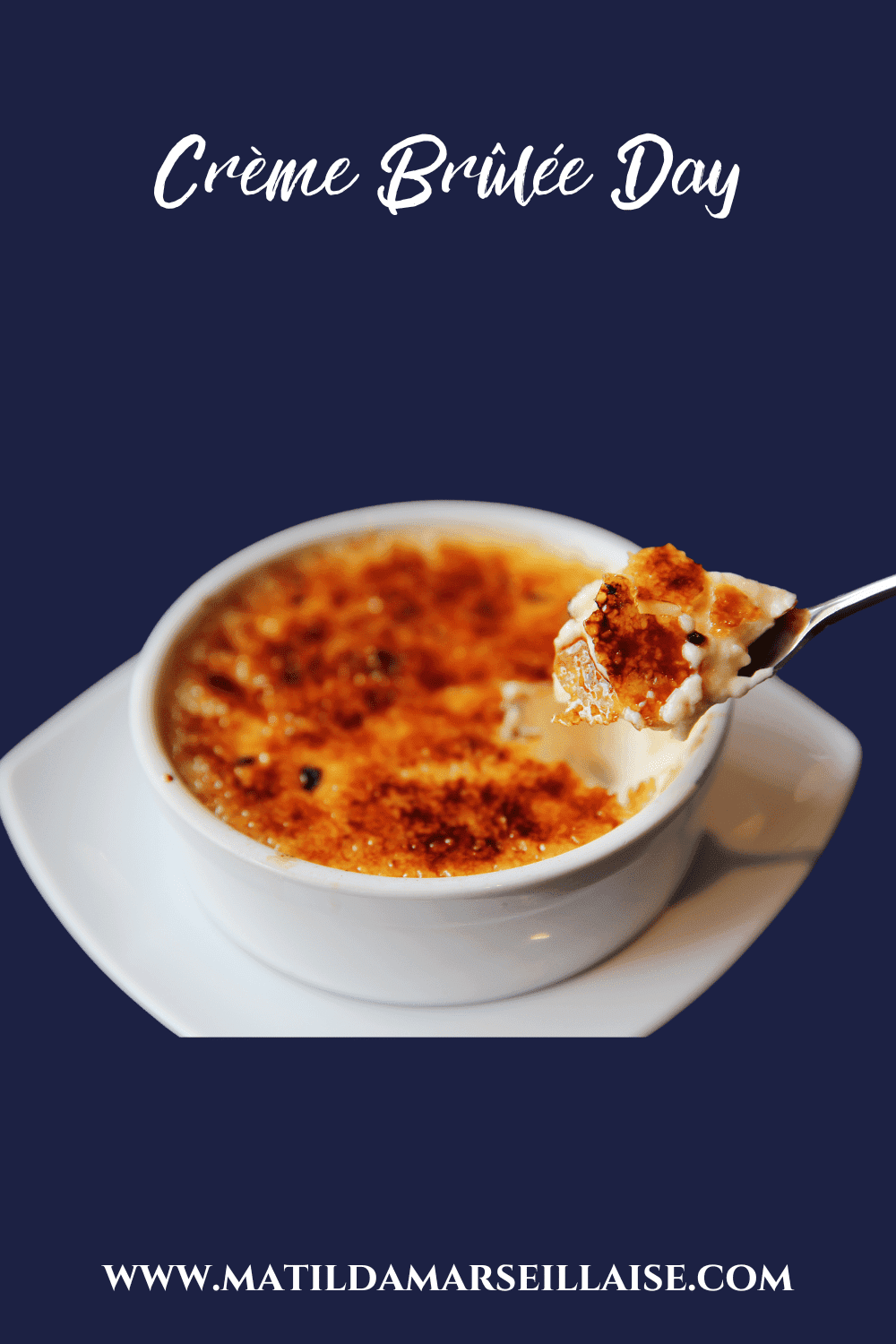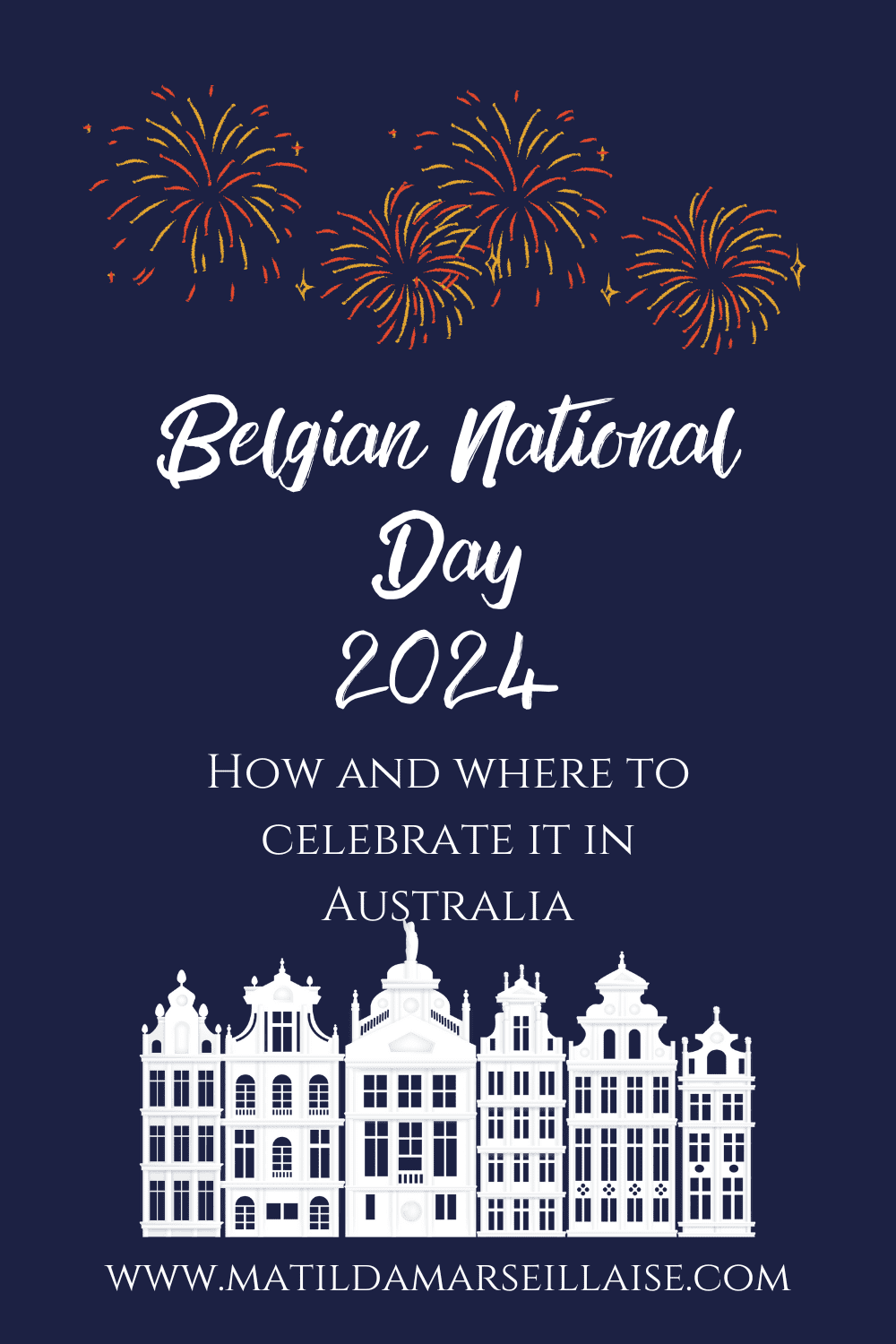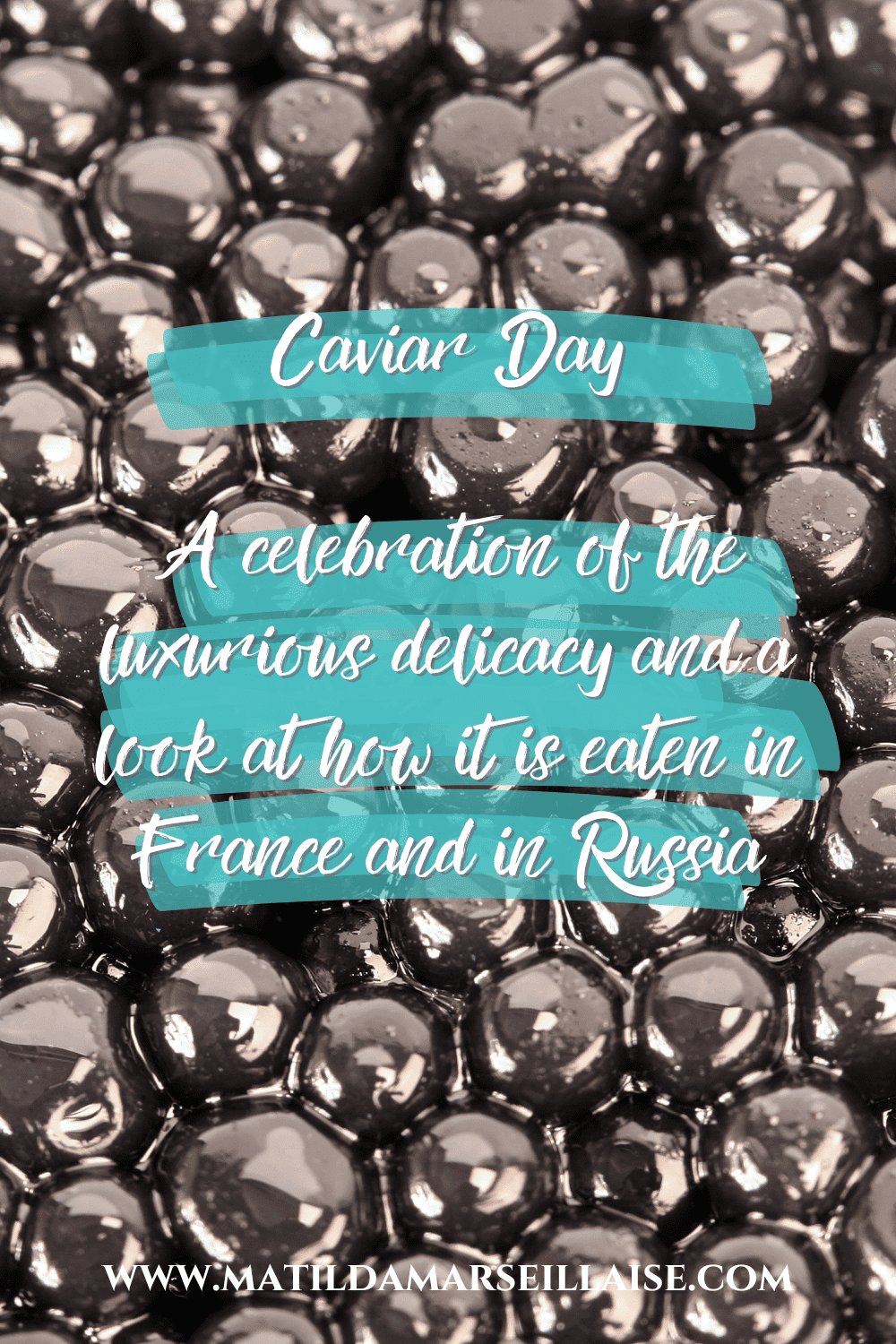Lauren and Alicia have a fantastic podcast called Deviant Women, in which, as the name suggests, they tell the story of historical deviant women each fortnight. You can find out more about the podcast here.
The women are taking the Deviant Women podcast a step further with their Adelaide Fringe shows. This show is one of the shows we recommended in our list of 20 shows to see at the Adelaide Fringe.
The first, on 26 February, will focus on French woman Julie D’Aubigny, the other on March 14th is the Russian Madame Blavatsky.

How did the Deviant Women podcast come about?
Alicia: Oh that’s Lauren.
Lauren: I’m the podcast listener. So basically, both of us come from a creative writing, literary background and our research interests are a lot about subversive feminity, historical women and female archetypes. Bascially listening to a lot of podcasts I was kind of like “I feel like we could do this together”.
Alicia: And I was like “as long as I don’t have to do much as long as I don’t have to figure out all the technology so I was like yeah I’ll come along for the ride together.
So you were both studying at uni together?
Alicia: Yeah creative writing at Flinders.
Lauren: I guess a lot of the interest that we have is in revisionist mythology and a lot of our writing revolves around that.
Alicia: Retelling stories of women in feminist context and looking at women outside of victim and monster. Thinking about the complexities and the social conditions.
When did the podcast start?
Lauren: It was February 2017 when we had our first podcast launch.
How do you find the women you speak about each fortnight?
Alicia: Some of them are women who we heard a little bit about in the past and they are in the subconscious and it’s a good excuse to delve deeper into their story and their lives. Other times it’s about seeking someone out specifically, like a pirate would be good.
So like a theme?
Alicia: Yes. So we’d then think about who are some interesting female pirates we can talk about.
Lauren: And also ensuring that we are not just talking about white Victorian women because we have a tendency to – they are very present in our research and what we do which means that a lot of the women that we first think about are from the 19th century in England, America or Australia. So sometimes it’s about looking consciously to find women that we won’t think of straight away.
Alicia: And it’s also there are certain periods of history where women’s history started to become a lot more prominent or women started to turn up as people we would write about and their lives are being documented. And one of the obvious reasons that we keep coming back to the 19th century is because that’s when there was a huge explosion of women documenting their lives in diaries, journals and letters that have survived and that we can actually look to and do research from. So it makes that period of history and also for us as English speakers, it makes it a lot more accessible.
Lauren: Especially because you can get a lot of their voices, first person voices.
Alicia: So we like to challenge ourselves to and try to hunt up figures who are much harder to hunt the trail of.
Not the ones that everyone knows.
Alicia: Exactly.
So why Julie D’Aubigny for the Adelaide Fringe show?
Lauren: She’s amazing.
Alicia: Again, you threw Julie D’Aubigny’s name in I think.
Lauren: I came across her. I don’t even remember how I came across her but she was one of these figures who just kept coming back to mind and when we were talking about doing a stage show we thought well she’s got the kind of personality that would fit. She’s so colourful and had so many aspects to her life that she seems like a really good choice for bringing to life in a really vivid way rather than just in a podcast that would be more appropriate for a stage show.
Alicia: Yeah. And she was one of those women who I had never heard of before but then when I started to look her up it was surprising to see how much there was. There is quite a lot of information about her. A lot of it is speculative and there are different versions of tales so a lot of putting together the stage show has been about picking and choosing which stories and which versions are the most dramatic and entertaining.
Lauren: We are also going to be up front about the fact that this is a mixture of historical fact and legend. So much of her biography is legend and it’s really hard to figure out fact from fiction. So we will just mix it all together and it is a part of the fun: The legend of Julie D’Aubigny.

I’ve read a bit about her but how would you describe Julie D’Aubigny or La Maupin as she is often known?
Alicia: A swashbuckling bisexual!
Lauren: I think she is also other adjectives not from the poster. Extremely confident and strong-willed. I think to have lived the life she did, she could not have been a wallflower. She had to be very confident, brazen, very outrageous I suppose. She was also very melodramatic and very attention seeking.
Alicia: I guess from the historical perspective, it was also about how she grew up because growing up among the Page boys at Versailles this is basically her youth. It’s all of that grandiose sort of stuff. So I guess that as a young girl she would have wanted some part of that which may have motivated her to be something bigger and better than what she was. Swashbuckling is still my word. It’s a very pirate word.
Lauren: She did a lot of sword-fighting! She must have been quite physically strong and especially compared to other women who didn’t really exercise at all. They stood in the corner and maybe did a bit of dancing. She would have been a force to be reckoned with.
She was also known as La Maupin because she was married to Maupin.
Alicia: Yeah Maupin, a boring old tax collector!
Well she spiced up his life!
Alicia: He actually basically left her behind to go to Toulouse to work as a tax collector which gave her the freedom to do whatever she wanted.
Lauren: She’s got the ring on her finger so she can have all of the freedom of being a married women without any of the responsibility.
Alicia: He was the best thing that happened to her without really happening to her because he was there and then he was gone.
What can the audience expect from the Adelaide Fringe show?
Alicia: Wigs!
Lauren: Terrible sword-fighting!
Alicia: We’re really advertising it aren’t we!? They can expect as you said before informative historical information so it is going to be informative as much as.
Lauren: It is a historical show but with a bit of flair and showmanship
Alicia: because there are those parts of her life that we don’t know so we play on those, so there is a bit of silliness.
Lauren: It’s narrative story-telling but taken to a more energetic, more fun, silly tongue in cheek, energetic way.
Alicia: So performative narrative. I don’t think we’ve found a genre for it yet because we are doing something a little bit different.
Lauren: A two-woman show. We’ve called it a comedy. Informative story-telling.
Alicia: And swashbuckling!
Apart from the fact that you will be on change and there will be costume changes, how will the Fringe show differ to your usual podcasts?
Lauren: This was the thing. We were initially thinking we could record it as a podcast but that’s not going to work as it’s going to be quite different to the usual podcast.
Alicia: The first major difference is there is going to be some acting. As much as there is going to be some story-telling there is going to be some Oscar award-winning acting! We are also going to be including some visual effects. At the moment, we are dabbling in Claymation. Without making too many promises there may be some Claymation. It’s really a bit of everything.
So the Schmacko’s dog treat ad but with sword-fighting – but only if you’re lucky!
Alicia: Yeah with sword-fighting maybe.
Only if it’s a good audience!
Alicia: Yep otherwise you won’t get it. Basically expect a lot more of the visual stuff and the performative.
Lauren: We didn’t just want to do a live podcast. It’s not just a live recording of a podcast. It is a stage version of what we do. It’s an expansion on the podcast as opposed to –
Alicia: Just another episode.
Have there been any other French women in the past podcasts or upcoming?
Alicia: We’ve been in France a few times. A few of them haven’t been French women but they have ended up in France. So we’ve done Josephine Baker
Lauren: She was American but her career took off in Paris during the 1920s and she worked for the French Resistance during the war.
Alicia: And she received a medal of honour for her work in the French Resistance. We’ve also done Agnes Goodsir, an Australian painter who ended up in France during the early 1900s.
There’s a current exhibition in Sydney about Australian painters who went to Paris.
Alicia: She would definitely be in there!
Lauren: That’s cool because she was a part of the expat movement.
Alicia: She was part of that whole lesbian expat community which was big on the Left Bank in the 1920s. It was known as Lesbian Mecca!
Lauren: With a lot of the American expats as well.
Any you’ve got your sights on?
Lauren: I have a very long list of potential women.
Alicia: Before we thought of Julie D’Aubigny I had the idea of Marie Antoinette as a possibility for the stage show but then that seemed not as edgy, different or as new because we all know a bit or even a lot about Marie Antoinette. We were also aware of the fact that we have two shows and we wanted them to complement each other but also have contrasting elements. Madame Blavatasky is very dark, very ghosty, spooky.
Lauren: Creepy.
Alicia: Yeah creepy because it’s much more about séances and the occult. I think we had actually decided on Madame Blavatsky before we decide who else we would do so I had thought Marie Antoinette was an excellent contrast to that because we’ve got this darkness here and if our other show is something light and colourful and over the top but I think that might actually be what triggered you to say “what about Julie D’Aubigny?” because Marie Antoinette is already a little bit done. So someone from the same kind period where we can think about that kind of decadence. So that is another reason that we came up with Julie D’Aubigny because she serves as an excellent contrast.
Lauren: There was a pirate. Jeanne de Clisson. She was French pirate that I would like to get to at some point. I would also like to do the holy French trinity of the French feminists.
Alicia: And they weren’t all French!
Lauren: Actually only one of them was French.
Alicia: We might also get around to good old maid of Orleans. We might get around to Joan.
Lauren: There are also other women who are not French but are French-speaking.
Like Canadians or Belgians?
Lauren: Yes! A literary one. Edna Pontellier, a character in a book called “The Awakening” about a woman who has an affair that caused outrage when it was released.
Alicia: The list never gets smaller. Oh you can also expect there to be a bit of French in the show.
Lauren: There will be a few jokes of me over-correcting her French.
Alicia: Because I’m not very good with the French. I did German and Spanish. I don’t know what I’m doing with the French so Lauren is always correcting me.
Lauren: But I may not even be correcting it correctly based on 10 year old French!
Have either of you been on stage before?
Alicia: It’s important to note that we both have a background in acting as well.
Lauren: I haven’t done theatre for a few years but we have another Fringe show called The Hearth, which is a creative readings event, so we do a lot of performance art type stuff.
Alicia: Actually The Hearth was a finalist for the Bank SA Best Event award. So we both have that sort of performative background.
Do you know anything about Julie D’Aubigny? Who is your favourite Deviant Woman from history or literature?





